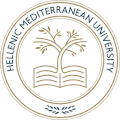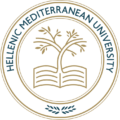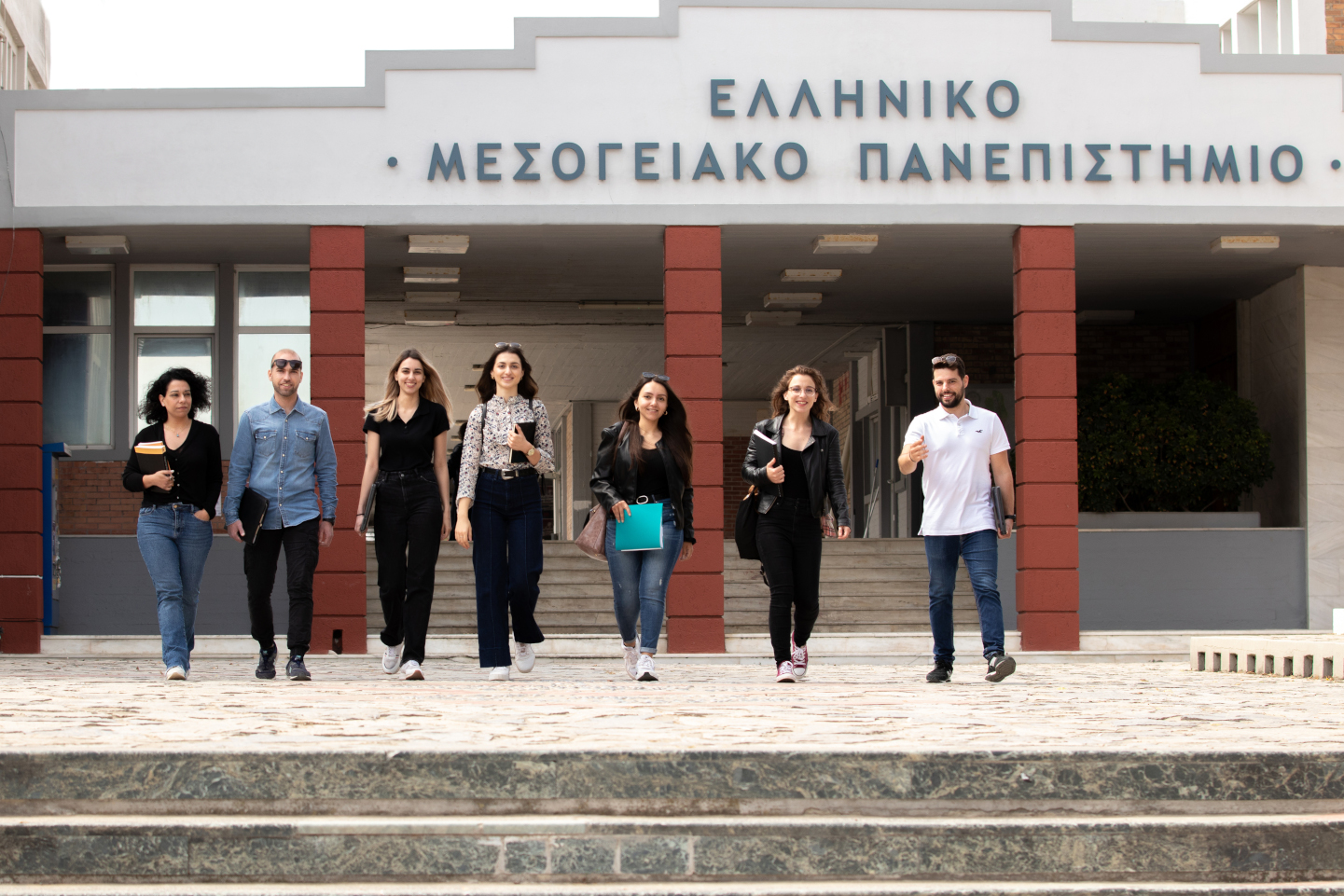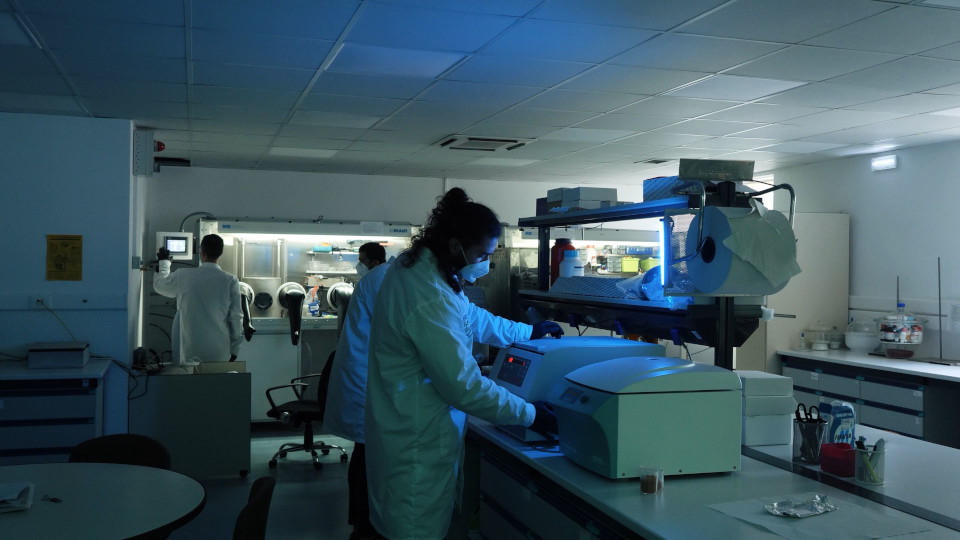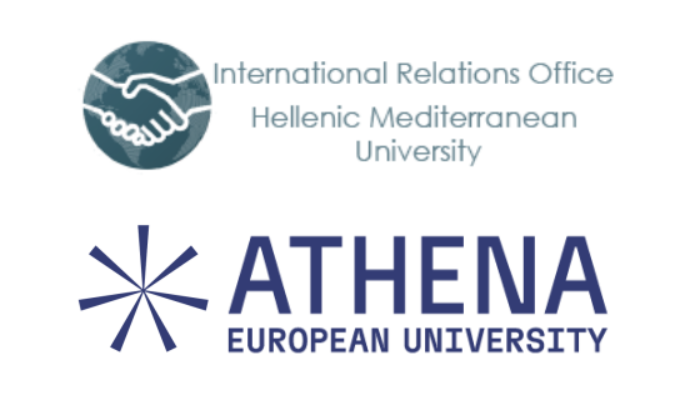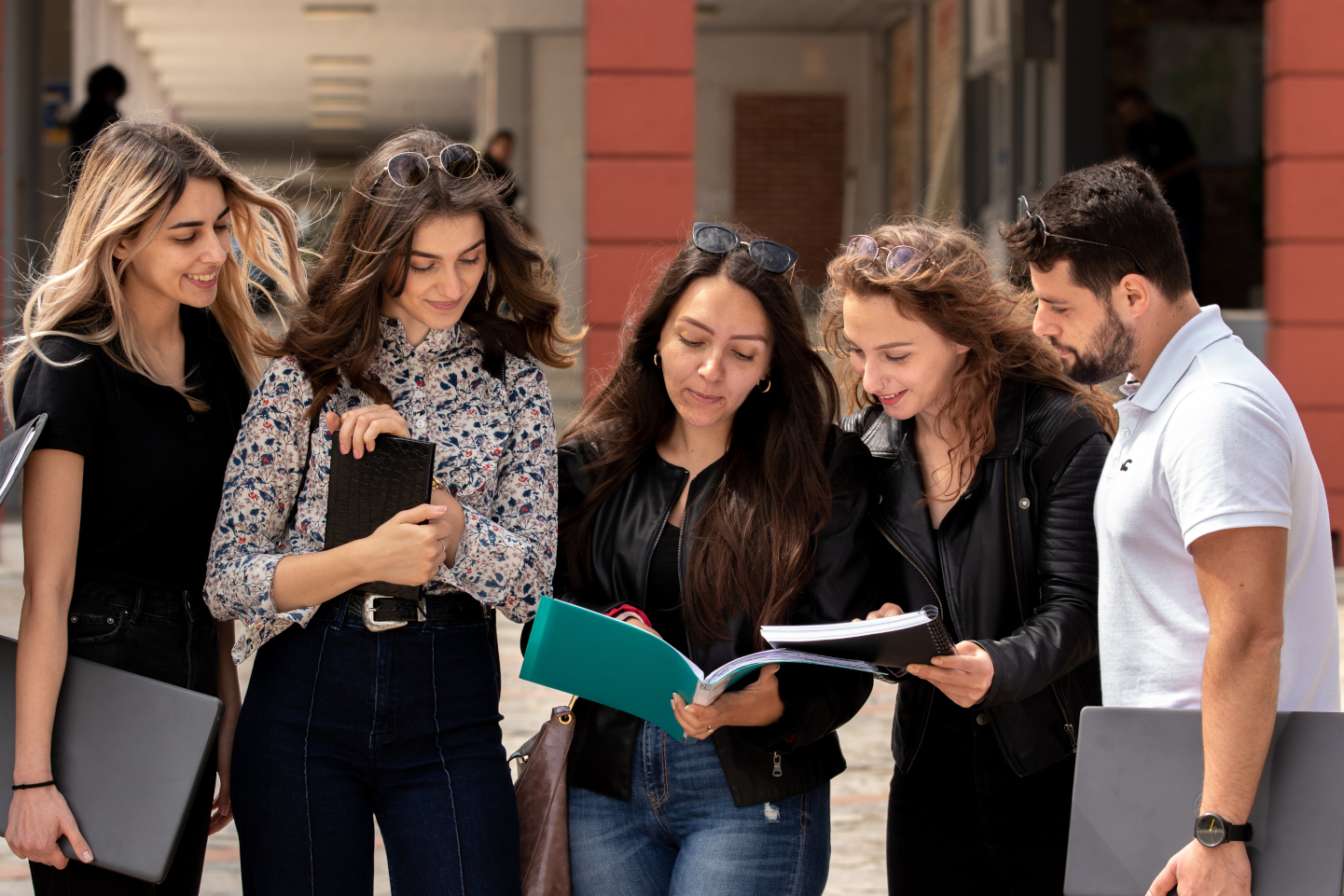The fulfillment of the mission of the Hellenic Mediterranean University requires the stable and multifaceted cooperation with educational and research institutions of Greece and Europe on subjects of education, research, innovation, transfer of know-how and culture. For more than 25 years, through a strong Department of International Relations with sufficient and competent staff, it has utilized many European and other programs for visits and/or long-term stays of students and staff to and from many foreign universities with the aim of exchanging experiences, con- formation of educational programs and the monitoring of part of these programs by students. The institution aims to consolidate stable partnerships with foreign institutions, the development of foreign language study programs, in combination with the development and expansion of research and innovation development partnerships.
In the last three decades, many bilateral and multilateral relations of the former TEI of Crete (now HMU) with Western European universities have worked successfully and the goals of transferring best practices for the quality of education, the development of study programs, the implementation of the Treaty of Bologna and the fulfillment of the requirements for the National Qualifications Framework. Many relationships with European institutions will continue targeted for joint foreign language study programs, for the further development of the European dimension in the programs but also to give competitive resources to the graduates, with the aim of their activity in other countries of Europe and beyond. With similar purposes, collaborations have been made with North American institutions, which are to be continued and expanded.
HMU (as the former TEI of Crete) has for many years cultivated collaborations with the Balkan Countries for neighborhood, historical and cultural reasons. Elements of Greek culture and timeless activity of the Greek element are deeply rooted throughout the region, but are latent. HMU will contribute to the revival of these elements through the development of educational and wider scientific relations in the fields of culture and tourism, agriculture, energy, etc. with mutual benefit.
The expansion of relations is also imperative for institutions of Turkey and the Trans-Ukrainian countries, based on historical and cultural ties for benefits in energy, agriculture and tourism. In addition, the relations with the Trans-Ukrainian and Central Asian countries will offer the possibility of harmonizing their education with European standards. Eastern European institutions also have a special interest in education and tourism for reasons related to the value of Greek culture in their education.
The geopolitical position and climate of Crete, especially in relation to the Near East and North Africa, offers possibilities for the development of relations with an emphasis on agriculture, energy and tourism objects that can lead to the development of partnerships for foreign language programs, especially at the postgraduate level.
HMU aims to:
• To equip its graduates to be able to plan and act across national borders.
• To improve its position in international relations, through the establishment of long-term strategic partnerships in the context of research, education and training.
